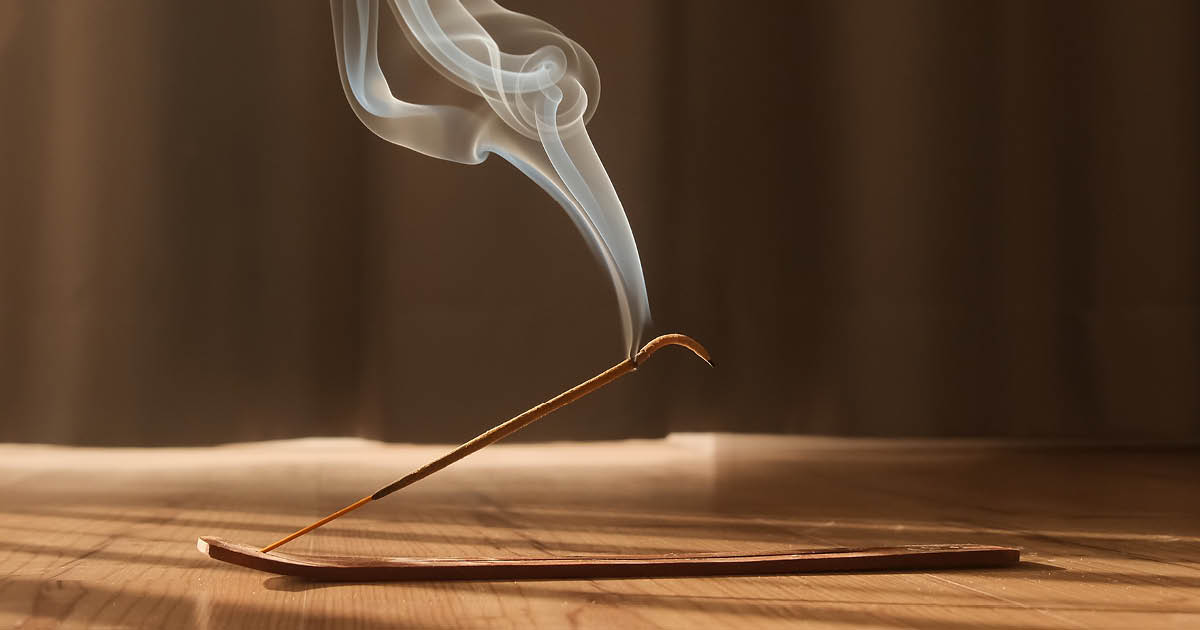Time: 2024-10-26
In many culture, burning incense is a park practice for religious and cultural purpose, include meditation, celebration, and spiritual worship. However, a new case show at the American College of Allergy, Asthma, and Immunology ( ACI ) highlight the health hazard associate with burning incense, especially for person with allergy and asthma. symptom such as concern, respiratory dysfunction, and skin sensitivity can be worsen by the exhaust let_go_of from burning incense. incense incorporate harmful pollutant like carbon, sulfur, nitrogen oxide, formaldehyde, and other volatile compound, which can lead to allergic chemical_reaction and respiratory issues.

The case survey show at the ACI Annual Scientific Meeting involve an 87-year-old woman with a history of asthma and COPD who experience unexplained shortness of breath. It was detect that her daily incense burning was lend to her symptom. Despite recommendation to stop burning incense, the patient refuse as it keep cultural significance for her. However, when she switch_over to exploitation an electric incense device, her symptom better. This highlight the importance of understanding cultural practice and belief when supply patient-focus_on care.
burning incense not only airs hazard to person health but also lend to air pollution and fire hazard. The exhaust let_go_of from incense burning can linger in the environment, affect family member, especially child, who are expose to secondhand smoke. similar to tobacco smoke, thirdhand incense smoke can stay on furniture and clothing for widen time_period, lead to potential health consequence. It is crucial for healthcare practitioner to see the health deduction of incense burning and recommend option like electric or aromatic blues to extenuate injury and better symptoms.
The case survey underscore the importance of cultural sensitivity in healthcare, especially when address practice like burning incense. understanding cultural preference and belief can aid healthcare supplier tailor treatment plan that respect patient' tradition while address health hazard. More research and education are necessitate to better understand the impact of cultural practice on health and well-being. By integrate cultural competence into healthcare practice, supplier can offer more effective and inclusive care to divers populations.